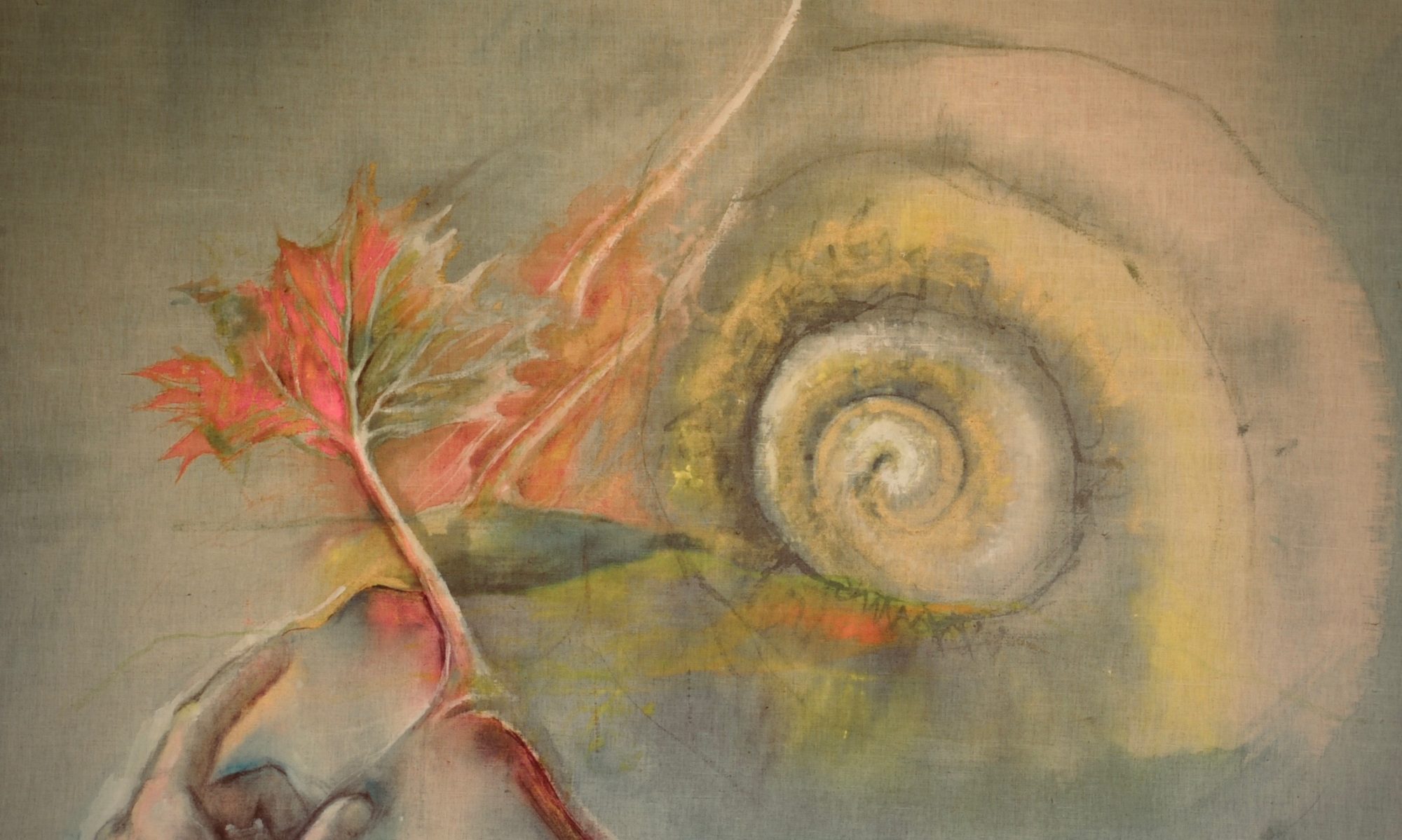The following text is the English summary of: SCHOLZ, Milan: Hledání Nové Evropy v textech T. G. Masaryka a Romana Dmowského: komparativní pohled. In: Studia historica Brunensia, vol. 64, 2/2017, p. 89-110.

The article deals with comparative analysis of the search for New Europe in texts of Tomáš Garrigue Masaryk (1850–1937) and Roman Dmowski (1864–1939). Both Masaryk and Dmowski belonged to prominent representatives of public and political life in their countries at the end of the 19th and in first decades of the 20th centuries. Masaryk and Dmowski influenced Czech and Polish politics, political and intellectual thought before 1914. During the First World War, they became leaders of Czechoslovak and Polish politics in West European emigration (Masaryk as the president of the Czechoslovak National Council, Dmowski as the president of the Polish National Committee). The goal of their efforts consisted in re-establishment of the independent Czechoslovak and Polish state. In the course of the war, both Masaryk and Dmowski elaborated projects of New Europe. On the basis of historical examples and geographical (geopolitical) arguments, their projects attempted to justify the independent existence of postwar Czechoslovakia and Poland and intended to demonstrate why the reconstruction of the European political map is a necessity for international balance of power. Nevertheless, in the postwar period, their career diverged. Masaryk became president of Czechoslovakia and symbol of the Czechoslovak identity, Dmowski represented rather the opposition against mainstream development in postwar Poland. Last but not least, in consequence of it, Masaryk’s postwar optimistic and democratic vision of New Europe contrasted with Dmowski’s reflections on the crisis of European and Western civilization, scepticism about democracy and propensity for authoritarian ideologies.
